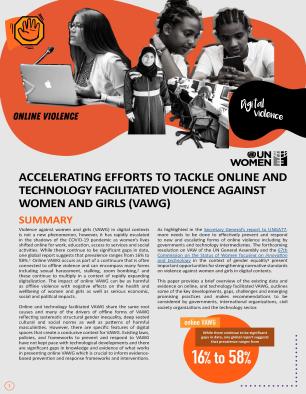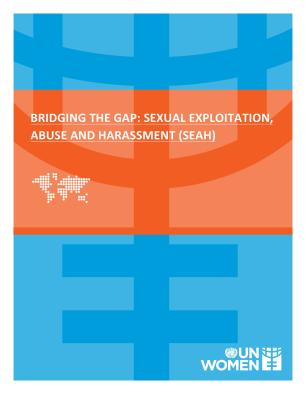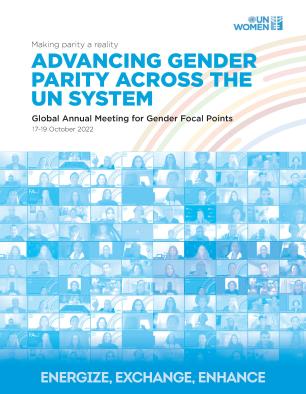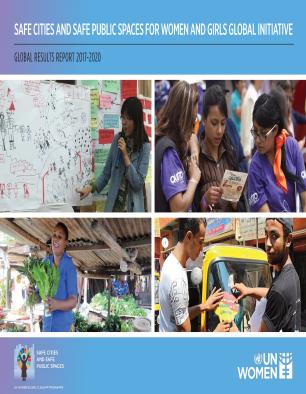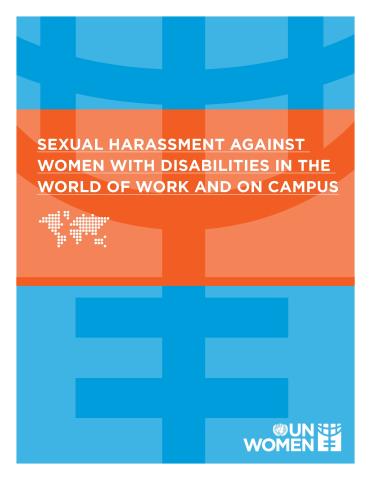
Sexual harassment against women with disabilities in the world of work and on campus

Work remains to be done to ensure that the links between gender and disability feature more routinely in efforts to end sexual harassment. Common approaches to disability rights, women’s rights, and gender equality have yet to place centrally the lives of women and girls with disabilities.
This discussion paper has been developed with the benefit of consultations with women with disabilities to place their experiential knowledge at the core of the work to end sexual harassment. It builds from the work of two previous publications:
- “Towards an end to sexual harassment: The urgency and nature of change in the era of #MeToo” (2018)
- “What will it take? Promoting cultural change to end sexual harassment” (2019)
This paper contributes to the development of intersectional approaches for addressing sexual harassment as it manifests in the lives of women with disabilities. It also offers advice and support for policy makers to address the urgency of:
- strengthening efforts to end discrimination against women in the promotion of the rights of persons with disabilities; and
- centring disability rights and community knowledge in work to end discrimination against women.
This paper contributes to these objectives, acknowledging the limited documentation of experiences of sexual harassment (or sexual violence) and disability.
